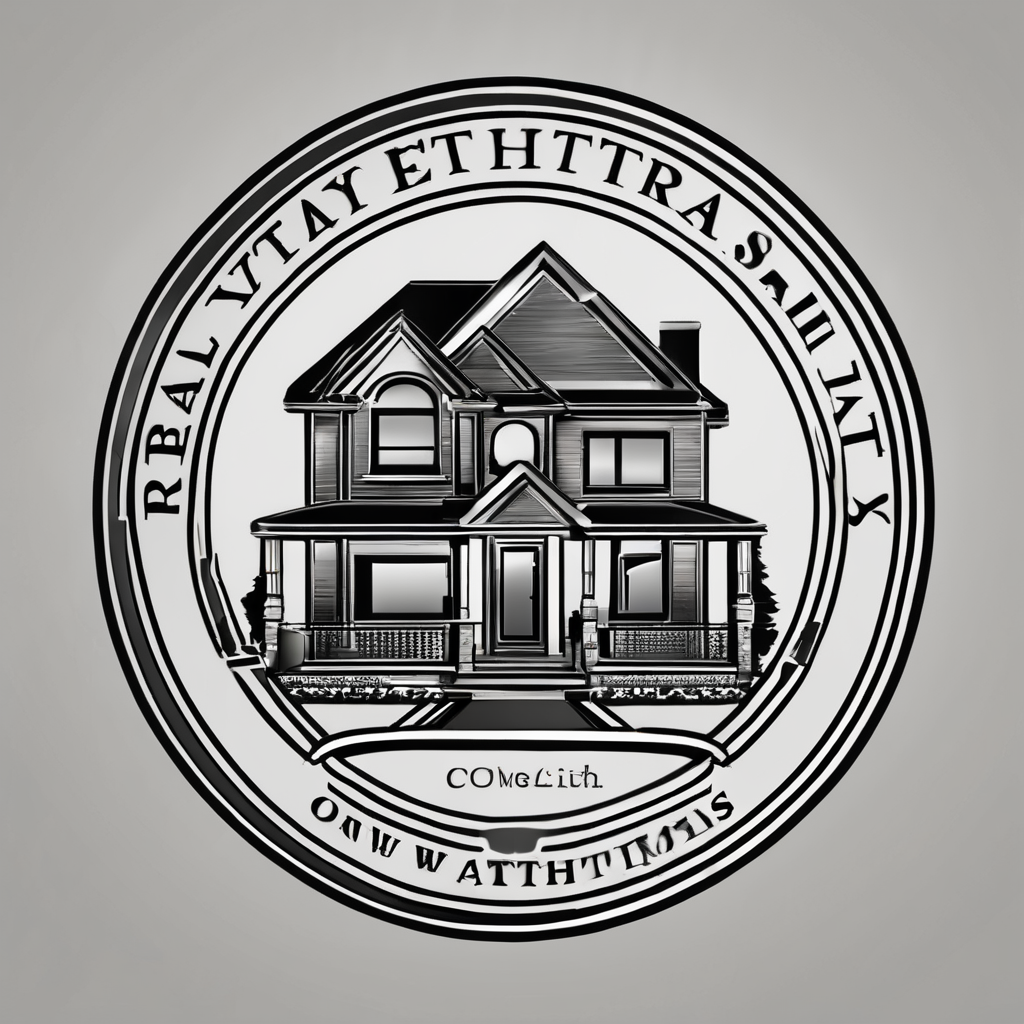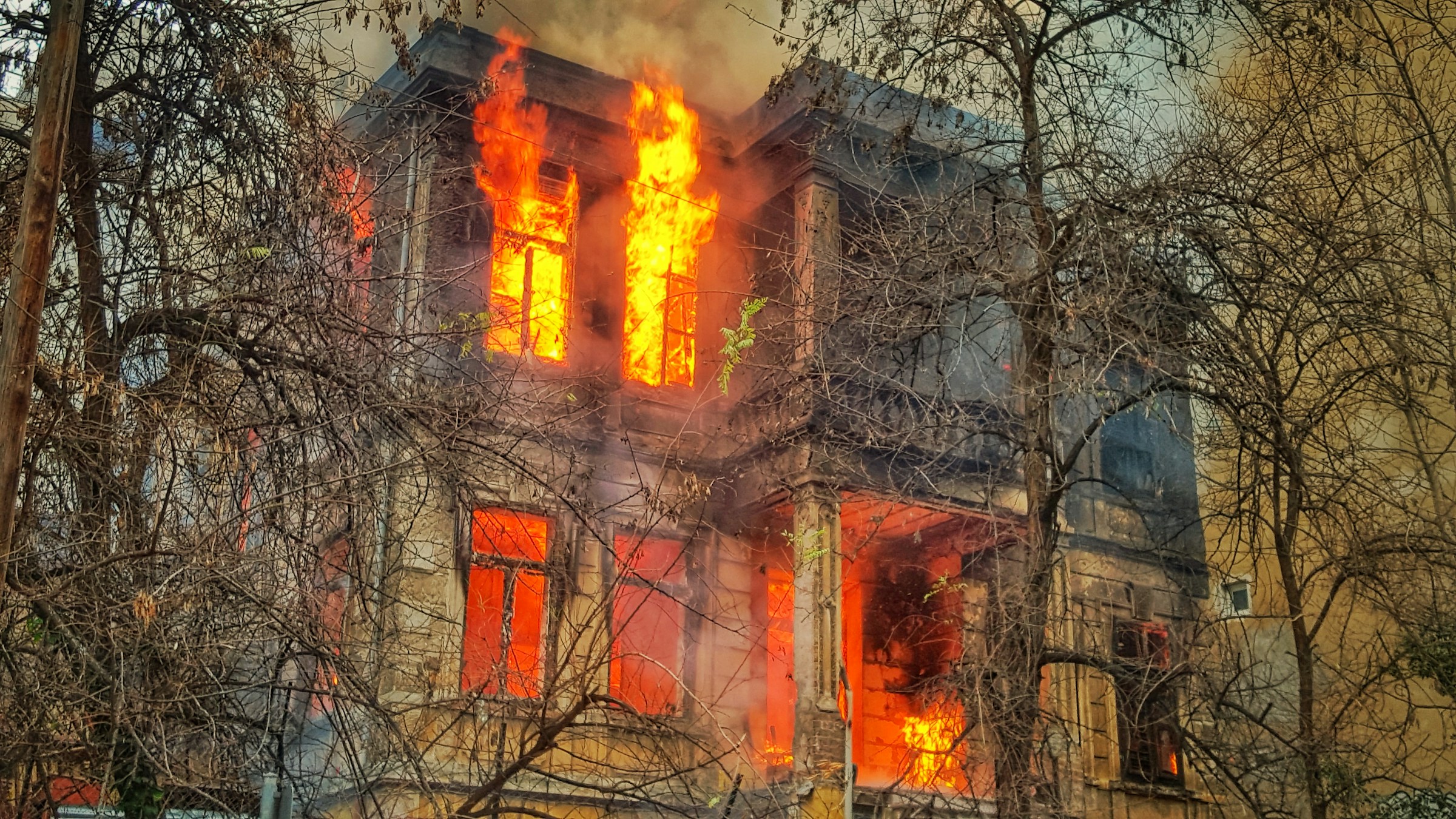Property insurance is a crucial aspect of owning property, particularly in rural areas where the risk of fire and other natural disasters may be higher. If you’re a property owner in a rural Scottish area, it’s vital to understand the intricacies of property insurance claims, especially when it relates to fire damage. Fire incidents can lead to catastrophic loss, but with the right insurance cover and a clear understanding of how to navigate the claims process, you could recover your losses with relative ease. The article will explore the key steps and factors to consider when filing a property insurance claim for fire damage in rural Scotland.
Understanding your Insurance Policy
Before a disaster strikes, it’s critical to understand what your insurance policy covers. Although insurance companies provide different types of policies, a standard property insurance policy should cover both buildings and contents.
Sujet a lire : What Insurance Considerations Should Be Made for Properties Adjacent to Historical Sites in York?
Buildings insurance covers the cost of repairing or rebuilding your property following a disaster like a fire. It typically includes the repair and replacement of structural aspects, such as walls, roofs, floors, and fixtures such as baths and toilets.
Contents insurance, on the other hand, covers the cost of replacing your belongings in your house. This includes furniture, appliances, clothing, and other personal items.
Cela peut vous intéresser : Can You Utilize Equity Release to Cover Retirement Expenses and Still Insure Your Property in Brighton?
Understanding the extent of your cover will help you prepare adequately for potential fire damage. It’s also crucial to review your policy periodically, usually once a year, to ensure your cover is still adequate.
Determining the Cost
The cost of your insurance policy will vary depending on various factors. The location of your property, for instance, is a significant determinant of the cost. Rural areas in Scotland, for instance, may attract higher premiums due to the increased risk of fires.
The value of the property and its contents will also impact your insurance costs. High-value properties will generally attract higher premiums, as will properties with expensive contents.
It’s worth noting that while the cost is a significant consideration, it should not be the only factor you consider when purchasing an insurance policy. Prioritize an insurance company that offers comprehensive cover for fire damage, even if it means paying a slightly higher premium.
Filing a Claim
When a fire occurs, the first thing you should do is inform your insurance company as soon as it’s safe to do so. Most insurance companies in England have a 24/7 claims line, and it’s crucial to get in touch promptly. The insurance company will typically send an assessor to your property to survey the damage and estimate the total cost of repair or replacement.
When filing a claim, it’s important to be as detailed as possible. Document everything, from the initial fire incident, the damage caused, and any communication you have with your insurance company. If possible, take photos of the damage before beginning any cleanup or repair efforts, as these could serve as valuable evidence when processing your claim.
Dealing with Disputes
At times, the total cost estimated by the insurance company’s assessor may not tally with your calculations or expectations. In such cases, you are entitled to dispute the amount provided by the insurance company.
Disputes can arise if the insurance company refuses to cover certain types of damage, undervalues the cost of repair or replacement, or dismisses your claim altogether. If you find yourself in a dispute, it’s wise to seek the services of a lawyer or public adjuster. They can help you negotiate with the insurance company and ensure you receive a fair settlement.
Rebuilding your Property
Once your claim is settled, the next step is to start rebuilding your property. It’s crucial to work closely with your insurance company during this process because they can provide you with a list of approved contractors.
Before you commence with the rebuild, ensure that all damage, including those caused by water used to extinguish the fire, has been thoroughly assessed. Overlooking any form of damage can lead to problems down the line. It’s also essential to check if your policy covers ‘new for old’ which means you will receive the full cost of replacing damaged items with new ones.
Remember, navigating property insurance claims for fire damage in rural Scottish areas, like anywhere else, can be complex. However, armed with the right knowledge, you can successfully navigate this process and recover from fire damage as swiftly as possible.
Reviewing your Insurance Policy Annually
Given the risk of fire damage, as a property owner in a rural Scottish area, it’s crucial to review your insurance policy annually, typically around the year march when most insurance companies offer renewal options. This review helps you understand any changes in your buildings insurance and contents insurance coverage. Regular reviews ensure you’re not caught off-guard by clauses within your policy that may affect any claims you make in the event of a fire.
When reviewing your policy, consider the value of your property and its contents. Check if the total cost of your property and all items within it are adequately covered should a fire occur. This review could involve reassessment of the value of your property and contents, especially if there have been changes within the year, like property upgrades or newly acquired high-value items.
Also, consider any changes in the insurance market that could affect your coverage, such as new insurance policies in the market that offer better coverage. You might need to switch to a better policy or negotiate better terms with your current insurance company.
Finally, in the event of any changes to your property, such as renovations or any other structural changes, it is critical to notify your insurance company. Such changes might affect the cost insurance of the property and subsequently the premium you pay.
Fire Safety Measures
While it’s essential to cover your property against fire damage with a comprehensive insurance policy, implementing fire safety measures can help prevent such incidents. Some insurance companies, like NFU Mutual, may offer reduced premiums for property owners who have adequate fire safety measures in place.
Invest in good quality smoke detectors and ensure they are functional at all times. Regularly inspect your property for potential fire hazards, like faulty electrical wiring or flammable materials within the vicinity of heat sources.
It’s also beneficial to have a well-practised fire escape plan. Having an escape water source, like a well or a pond, can be beneficial in rural areas where the fire department response might be delayed.
Insurance companies in England Wales often appreciate such precautionary measures and may offer incentives such as lower premiums for property owners who take proactive steps to mitigate the risk of fire.
Conclusion: Navigating the Insurance Market
Navigating property insurance claims for fire damage in rural Scottish areas is not a simple task. However, understanding your buildings insurance and contents insurance policy, keeping abreast of changes in the insurance market, and taking fire safety measures can make the process manageable.
Remember that insurance companies are there to protect your investment in property. Therefore, do not shy away from contacting them regularly to seek clarification where you need it, negotiate better terms, or even switch to better insurance policies if necessary.
Prioritize policies that offer comprehensive cover for fire damage. While bronze silver gold policies may seem attractive due to their affordable premiums, they may not provide comprehensive protection against fire damage.
Investing in property in rural Scottish areas is a significant financial decision. With the right knowledge, you can ensure your investment is adequately protected, and should disaster strike, you are well-equipped to navigate the insurance claim process.






